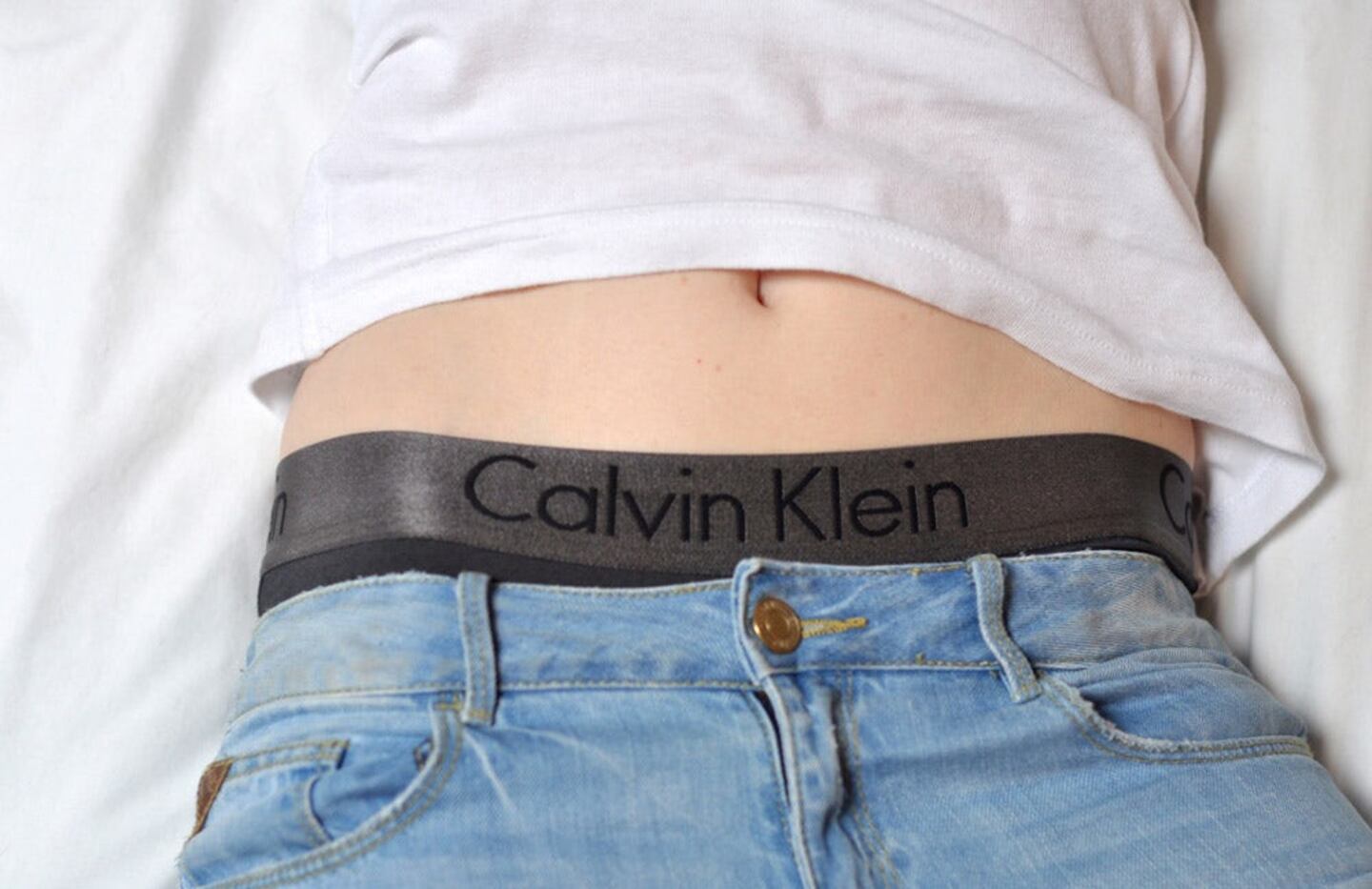
The Business of Fashion
Agenda-setting intelligence, analysis and advice for the global fashion community.

Agenda-setting intelligence, analysis and advice for the global fashion community.

Apparel maker Hela Clothing plans an initial public offering on the Colombo Stock Exchange within 12 months to raise capital for entry into North Africa and the expansion of its East African operations.
The Sri Lanka-based manufacturer for PVH Corp. — the parent company of fashion brands Tommy Hilfiger and Calvin Klein — will offload a 20 percent stake for $20 million, chief executive officer Dilanka Jinadasa said in an interview Tuesday. Hela manufactures underwear, sleepwear and children’s apparel.
An entry into Egypt’s $1 billion apparel market will help to boost the company’s value by about 11 percent to $250 million by the end of the financial year in March, he said. Hela will set up shop in the North African nation in the first quarter of 2022 and work with existing manufacturers, leveraging the country’s fabric mills, lace suppliers and mature supply chain to reduce lead times.
“You can ship to Europe between three to seven days, and to the US within about 10 to 12 days,” Jinadasa said.
ADVERTISEMENT
Hela is scaling up its intimates business, which accounts for 70 percent of group revenue, and added more than 2,000 employees to facilities in Ethiopia and Kenya despite the coronavirus pandemic. It plans to expand its Kenyan facility, which churns out men’s underwear, and boost bra-making at its four-year-old factory in Ethiopia.
Bras have traditionally been made in more skilled markets like Sri Lanka, China and Cambodia, where apparel-making has been in existence for as long as half a century, he said. “Bringing that technical knowledge to Ethiopia was a major challenge, but one that we have kind of executed successfully.”
Nearly 60 percent of the company’s revenue is generated outside Sri Lanka, and East Africa accounted for over $100 million last year, according to Jinadasa. While Covid-19 slashed overall orders from Europe and the US, demand for underwear and loungewear jumped as people stayed home.
“Everyone working from home wanted to be in comfortable clothing,” Jinadasa said.
By Bella Genga
Local streetwear brands, festivals and stores selling major global labels remain relatively small but the country’s community of hypebeasts and sneakerheads is growing fast.
This week’s round-up of global markets fashion business news also features Senegalese investors, an Indian menswear giant and workers’ rights in Myanmar.
Though e-commerce reshaped retailing in the US and Europe even before the pandemic, a confluence of economic, financial and logistical circumstances kept the South American nation insulated from the trend until later.
This week’s round-up of global markets fashion business news also features Korean shopping app Ably, Kenya’s second-hand clothing trade and the EU’s bid to curb forced labour in Chinese cotton.